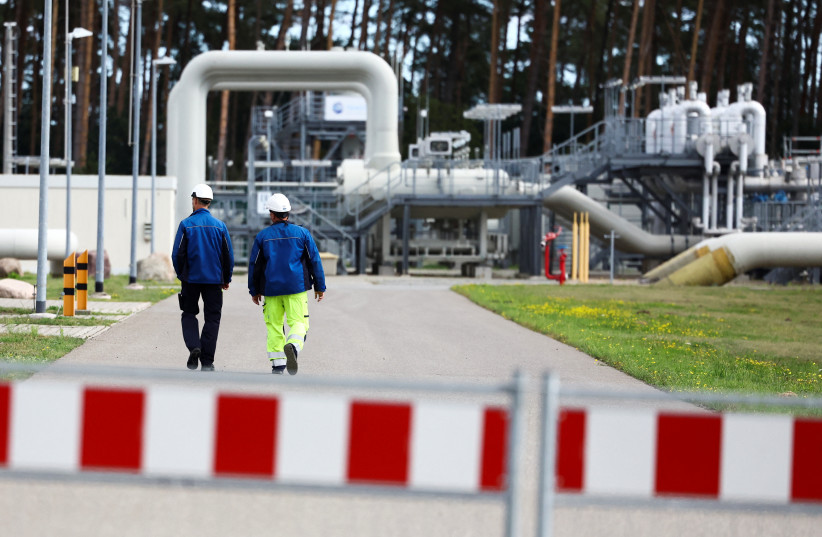Moscow has not been informed about the progress of an investigation into last year's Nord Stream pipeline blasts and has handed in a report to prove this to the United Nations, a senior diplomat said on Tuesday.
Russia has prepared an "official document" based on its correspondence with Denmark, Sweden and Germany and has given copies of it to the UN Security Council and the UN General Assembly, said Dmitry Polyanskiy, Russia's deputy UN ambassador.
"The documents allow our colleagues at the UN to verify that the allegations that these countries have informed us of the progress of their investigations are not true."
Dmitry Polyanskiy
"The documents allow our colleagues at the UN to verify that the allegations that these countries have informed us of the progress of their investigations are not true," Polyanskiy said on the Telegram messaging platform.
What happened to the Nord Stream pipelines?
The Sept. 26 explosions on the pipelines connecting Russia and Germany occurred in the exclusive economic zones of Sweden and Denmark.
Denmark, Germany and Sweden told the Security Council in a joint letter in February that the "Russian authorities have been informed regarding the ongoing investigations" by their national authorities.

Nord Stream 1 and Nord Stream 2, each consisting of two pipes, were built by Russia's state-controlled Gazprom to pump 110 billion cubic meters (bcm) of natural gas a year to Germany under the Baltic Sea.
